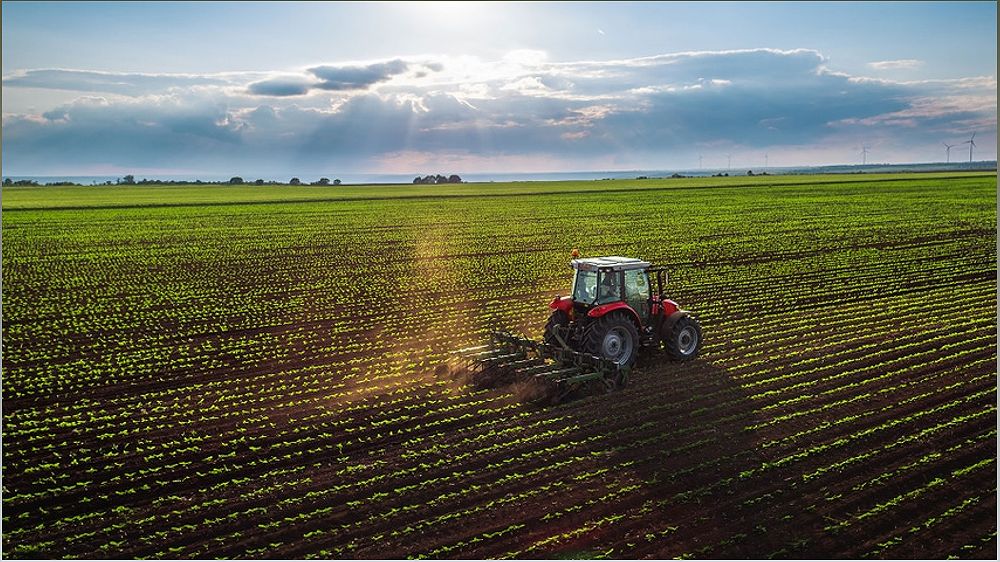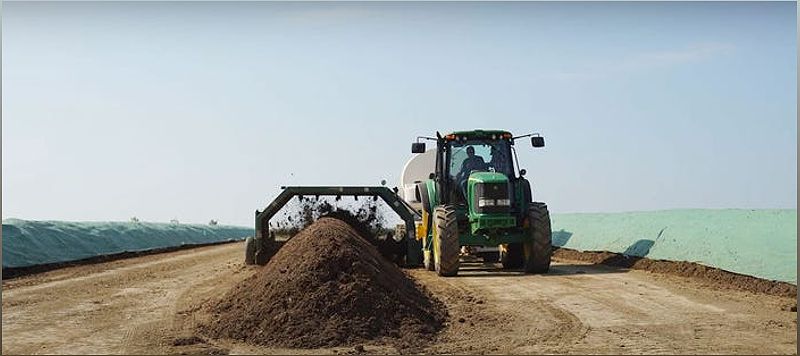Learn about the challenges and benefits of transitioning from conventional to organic farming, including financial obstacles, weed management strategies, soil fertility techniques, and the opportunities for customer interaction and networking.
Transitioning to Organic Farming: Challenges and Benefits
Transitioning from conventional to organic farming is a significant decision that comes with its fair share of challenges. Missouri farmer Aaron Stark knows this firsthand, as he went all in on organic farming four years ago. Stark grows corn, soybeans, and wheat in the northeast region of the state, and although he doesn’t regret his decision, he advises others to take a more gradual approach.

( Credit to: Farmprogress )
Stark recommends starting with a few acres at a time and gradually transitioning more each year. This allows farmers to learn how to navigate the challenges that come with organic farming on a smaller scale. One of the major obstacles during the transition years is the financial aspect. While organic farmers eventually receive a premium for their products, it takes three years before they can harvest an organic crop. This means that during those initial years, farmers have to treat their crops as organic but only get paid for them as conventional crops.

( Credit to: Farmprogress )
In addition to the financial challenges, organic farmers also have to adapt to farming without the use of synthetic nitrogen and chemical control for pests and weeds. Stark emphasizes the importance of using only organic or certified organic substances on the farm. He also had to find non-GMO crops to plant during the transition years, although he notes that sourcing organic and non-GMO crops has become easier over the past decade.
Managing Weed Control and Soil Fertility
Weed management is a significant challenge for organic farmers due to limited herbicidal options. Stark tackles this issue by incorporating cover crops for weed suppression and using a rotary hoe to pluck out weeds and keep the soil surface loose. He also experiments with new methods such as weed electrocution in soybeans and flame suppression in corn.
Maintaining soil fertility and nutrient levels without traditional agricultural products is another challenge for organic farmers. Stark creates his own organic humus compost by baling cornstalks, adding livestock manure and hay, and turning the pile multiple times over an eight-week process. This compost is rich in nutrients and helps improve soil porosity.
Pest Control and Customer Interaction
Pest control is a concern for all farmers, but organic farmers have to find innovative and sustainable strategies suitable for their practices. Stark uses products containing citrus and sugar to fight pests at the plant level. He believes that organic production makes the soil and plants healthier, making them less susceptible to pests.
While transitioning to organic farming can be challenging, there are several benefits that make it worthwhile. Stark highlights improved customer interaction as one of these benefits. Organic farmers often have direct contact with buyers who prefer to deal directly with the farmer they are purchasing from. Additionally, organic buyers are increasing in number, which expands the market for organic crops.
The Organic Farming Community
Another advantage of organic farming is the sense of community and networking among organic farmers. Stark emphasizes the willingness of organic farmers to help each other and share their knowledge and experiences. He recommends joining farmer groups and attending webinars to learn from other farmers and improve one’s own farming practices.
Overall, organic farming offers a unique and rewarding lifestyle. It may come with its challenges, but the financial and soil benefits, as well as the opportunities for customer interaction, networking, and lifelong learning, make it a worthwhile endeavor. Stark’s own journey into organic farming was inspired by a mentor who farmed organically and made humus compost. He sees his current farming practices as a tribute to his mentor and a way to honor his legacy.
For those considering transitioning to organic farming, Stark advises talking to neighbors beforehand and signing up on platforms like driftwatch.org to manage relations and inform others about the presence of organic farms in the area. With the increasing demand for organic products, more farmers are exploring the possibilities of organic farming, and Stark’s story serves as an inspiration for those looking to take a new path in agriculture.
